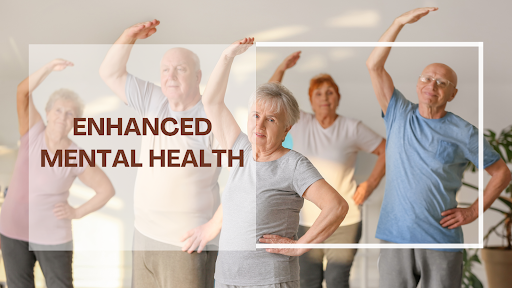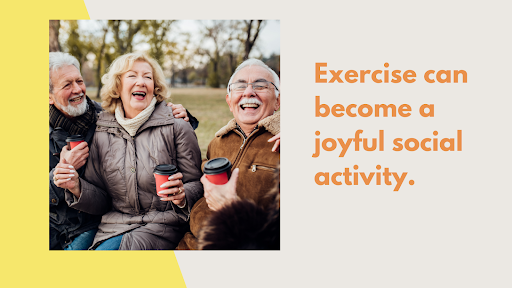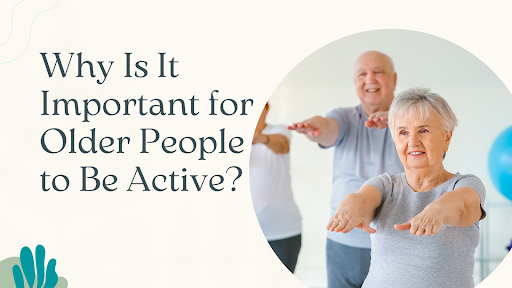You’ve heard it repeatedly: exercise and physical activity should be a consistent part of your life. Numerous studies have demonstrated the importance of exercise in maintaining good health; as we age, this importance increases. Therefore, Older people should engage in regular physical activity and exercise to maintain their physical and mental health, which will help them age independently. Advantages of exercising for elders and older people are listed below.
Prevent Disease
According to studies, regular physical activity can help stave off several common ailments like diabetes and heart disease. Since seniors’ immune systems are frequently weakened, exercise helps improve general immune function. The therapy of avoidable diseases can benefit significantly from even brief training like walking.
Enhanced Mental Health
There are several benefits of exercise for mental wellness. For example, endorphins, the hormone that makes you feel good and relieves stress, are released when you exercise. In addition, this activity results in better sleep. This is vital for older people whose sleep patterns are frequently disrupted and insomnia is common.

Aerobic Exercise Lessens Hypertension
Exercise, scientifically shows to have helped seniors with hypertension lower blood pressure. Increased moderate aerobic exercise for 30 minutes or longer five times a week will measurably lower blood pressure, reduce stress, and minimize the risk of several cardiovascular issues.
Lowered Risks of Falls
Falls are more common among older persons, which could be terrible for their ability to maintain independence. However, strength and flexibility increases by exercise, which also helps with balance and coordination, lowering the risk of falls. Anything that can prevent falls in the first place is essential because seniors recover from falls far more slowly than younger people.
Social Engagement
If you join a walking club, take group fitness classes, or drop by a gardening club, you may convert exercising into a fun social activity. Maintaining strong social connections cannot be overstated for older adults to feel a sense of purpose and avoid feeling lonely or hopeless. In addition, picking an exercise you enjoy performing is crucial to ensure that working out never feels like a chore.

Improved Cognitive Function
Regular exercise and developing motor skills are good for cognitive function. No matter when you start a habit, numerous studies indicate that physically active people have a lower risk of developing dementia.
In Conclusion
Making exercise a priority and a habit in your daily life will benefit you. Exercise demonstrates to promote social connections, reduces the incidence of falls, improves mental health and well-being, and improves cognitive function in the aging population. This will inspire you to include fitness in your daily routine regardless of age.
Utpal Khot
Copyright © Utpal K
1. If you share this post, please give due credit to the author Utpal Khot
2. Please DO NOT PLAGIARIZE. Please DO NOT Cut/Copy/Paste this post
© Utpal K., all rights reserved.
Copyright Notice: No part of this Blog may be reproduced or utilized in any form or by any means, electronic or mechanical including photocopying or by any information storage and retrieval system, without permission in writing from the Blog Author Utpal Khot who holds the copyright.




